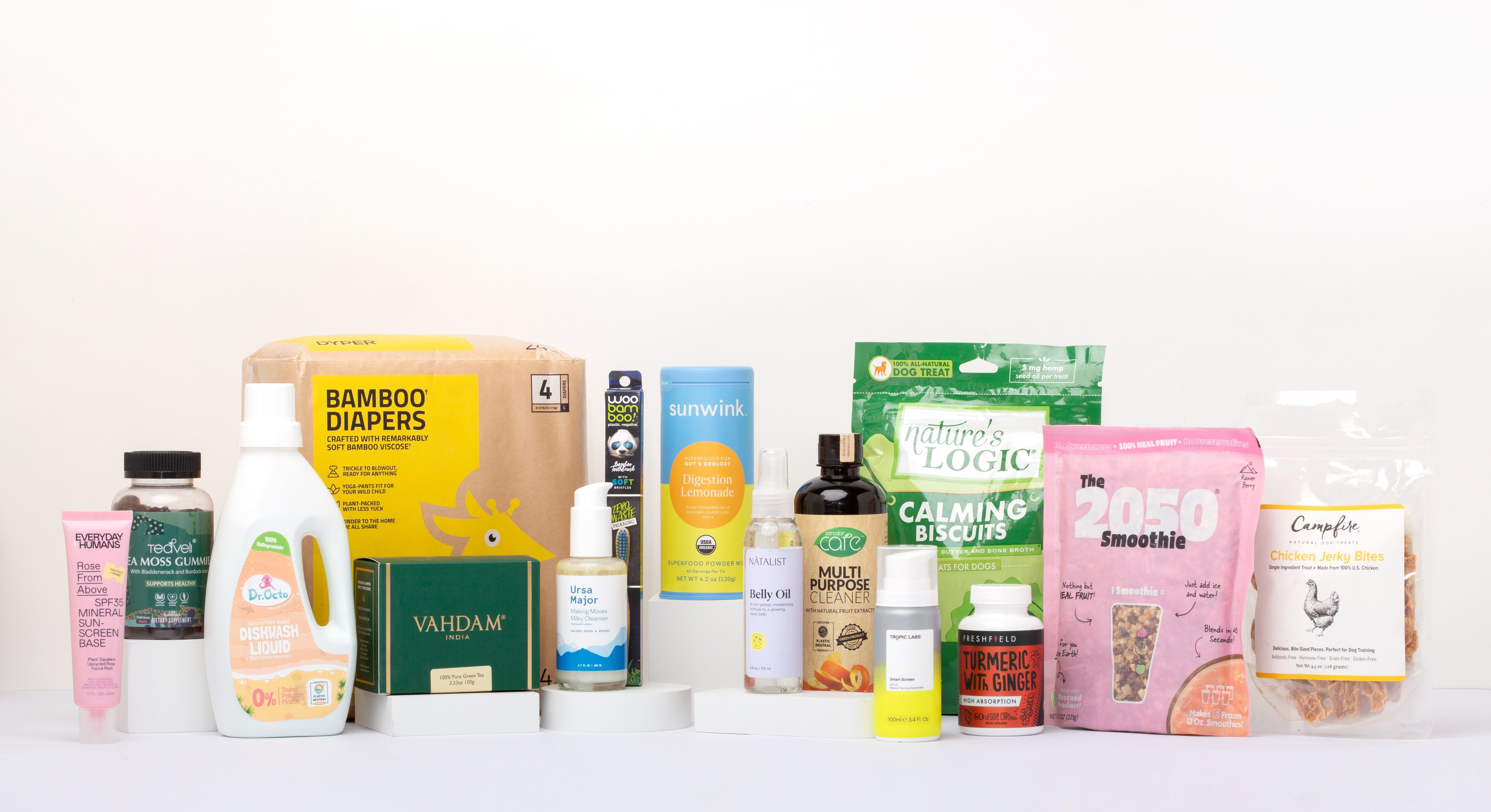Photo Essay: rePurpose Saaf Samudra
rePurpose Global's project Saaf Samudra recovers ocean-bound plastic waste in Goa, India. Azadé, the Digital Brand Manager at rePurpose Global, spent a day with workers on the project and shares her experiences and insights through this photo essay.
In March 2023, rePurpose Global’s Communications team set out to deepen their understanding of the value chain and impact of rePurpose Global’s Project Saaf Samudra, in Goa, India.
The project protects the coastline of Goa from plastic pollution. Goa is home to long stretches of beaches, and seas rich with biodiversity. But plastic pollution is on the rise - in part due to tourism - and very few households in the state have access to regular waste management services. Goa reportedly has the highest per capita plastic use in India, and with it, the highest density of beach plastic.
Project Saaf Samudra has established public private partnerships with Urban Local Bodies (ULBs) in the region and incentivizes the collection of low value plastic.
Here’s what the day with the Project Saaf Samudra team looked like for Azadé, the Digital Brand Manager at rePurpose Global.
---
“We started the collection process with Bhageerath and Shyamalal, two waste warriors, leading the way. We followed the GPS-tracked waste collection trucks through the streets of Goa and watched as the residents placed their segregated trash outside their doors to be collected. In fact, the truck even collected waste from our own BnB! It was intriguing to see the process start right from our doorstep.


As well as door to door collection in the neighborhood, we also watched the collection process from a gated apartment complex where the waste workers collect both dry and wet (food) waste collected from the residents. It was lovely to see that the residents, now familiar with the process and the people, shared jokes with the waste workers doing their rounds.
Within the apartment complex was a compost pit. Clinton Vaz, the founder of vRecycle, shared that the compost pit was one simple example of how a community could come together to effectively manage their waste.


Taking things up a notch, we made our way to the Margao Municipal Corporation Dumpsite. The site serves as a stark reminder of the scale of the waste crisis. Waste has been collected here since the 1970s, culminating in multiple, gargantuan piles of neglected waste.
We learnt about the concept of “biomining” which is the treatment of aged municipal waste that has been collected over decades at dumpsites in an attempt to recover any remaining materials of value, and reduce the size of the waste piles.
We also had the chance to meet some of the unsung heroes, the informal waste workers that work day in and day out to sort through the waste that is dumped there.
From there, we visited the orginial Material Recovery Facility (MRF) where Project Saaf Samudra operated. It is a small single-room space with no complex machinery to help with the process. We saw the waste workers sitting on the floor with sacks of waste: segregating the material at record speeds.
But the highlight was seeing Saaf Samudra's brand new MRF - a larger and more technologically enabled space. The facility has a team of 34 waste workers and state-of-the-art machinery.
Here we were joined by one of the Impact Managers from rePurpose Global, Saritha, who shared her insights into the project's growth over the years. She told us how its set to prevent 22.5 million kgs (50 mill lbs) of low-value plastic waste from leaking into the ocean over the next 10 years.


While we were there, we rolled up our sleeves and took part in the waste sorting at the conveyor belt, along with the staff. We were quickly put to shame because we weren’t able to keep up with them! It showed us first-hand the skills required to create such impact successfully.
This visit was not just about witnessing change; it was about immersing ourselves in it. We left with a deeper understanding of the value chain at Project Saaf Samudra, and the critical impact on plastic pollution that is being created there; as well as a sense of hope that inspirational projects like this can transform the future of waste management in India and beyond.

Get Started with Verified Plastic Recovery for your Brand
rePurpose Global is here to support your sustainability roadmap with impactful and measurable Plastic Action solutions that deliver immediate results. Partner with us to measure your plastic footprint, fund plastic waste recovery, and create strong sustainability messaging for your brand.
Talk to our team to explore how we can work together.

Related Posts
Plastic Reduction Strategy Template for Your Brand
This quick template can help you get started on mapping out an effective, comprehensive and realistic plastic reduction strategy.
rePurpose Global Launches $1M Reuse Outcomes Fund
Reuse Outcomes Fund is a first-of-its-kind, $1M prototype fund aimed at scaling reuse and refill solutions especially serving low and middle-income communities, in order to accelerate both measurable environmental outcomes and equitable access to waste reduction solutions worldwide. Learn why we need reuse and refill for all, and how do we get there?
rePurpose Global's traceability and verification protocols for plastic recovery
How can you be sure that your plastic recovery is tracked and verified? This article provides an overview of the processes that rePurpose Global has put in place to make sure that impact on plastic pollution is measured, trackable, and verifiable – as well as beneficial for the environment and waste workers.

.jpg)




.jpeg)








